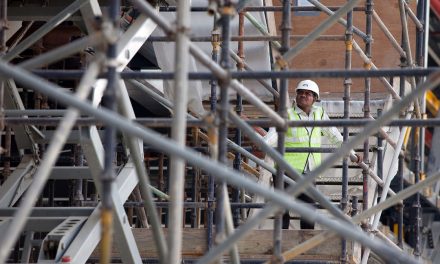Women engaged in the practice of architecture are far from universally ecstatic about their fortunes in the profession, with pay disparity among the key areas of disillusionment.
The 2016 Women in Architecture survey, conducted by the UK-based organization Women in Architecture, found that 40 percent of women in the profession believe they would be paid more if they were male.
“While the survey does not include enough male respondents to provide the ideal data, it does provide some inputs into markets such as the US and Canada, as well as the UK, suggesting the pay gap varies significantly according to seniority,” Women in Architecture said in announcing the results of the survey.
Women in Architecture said the survey reveals “significant discrepancies” in salaries in senior-level positions, with male directors, partners or principals earning 31 percent more than women in the same positions
One in five women worldwide said they would not encourage another woman to pursue a career in architecture, the survey found.
Exceptions to the findings were found in firms where a significant portion of management positions were held by women, and in firms with regular career-development reviews and/or mentoring programs; mentoring was viewed as a more significant positive.
Other key findings of the WIA survey:
- Nearly three-quarters (72 percent) of women worldwide said they have experienced sexual discrimination, harassment or victimization during their career in architecture. Of these, 38 per cent report direct discrimination, while 28 per cent report harassment. More than one in 10 (12 per cent) say they experience sexual discrimination on a monthly, weekly or daily basis.
- Women in the profession choose overwhelmingly not to have children, based on a finding that 75 percent of those in the survey are childless—a birth rate far below the norm. The widespread belief among women that having children puts them at a disadvantage in the profession no doubt figures prominently in this demographic, as nearly 90 percent of UK women surveyed, and 97 percent of women in New Zealand and Australia, expressed this view. The survey also found evidence that women are delaying having children into their 30s—often late 30s.




